Logic and Computational Thinking
Rp500,000 Rp99,000
- Description
- Unit Outline
- Instructor
- Additional information
- Certificate
- Reviews (0)
Description
About this course
What you’ll learn
Estimate Time : 18 hours
1. Module 0: Introduction to the course
a. What this course is about
i. Analytic logic and its relation to computer science
ii. Critical thinking as both a lifestyle and aide to better programming and testing
iii. Note: This is not a programming course
b. Let’s get started: critical thinking and logical reasoning
i. What does it mean to think critically?
ii. An overview of definition, induction, and deduction
iii. Computer programming and logical thinking
2. Module 1: Deduction and Induction
a. Deduction and deductive syllogisms
i. Validity and invalidity
ii. Argument forms
iii. Deductive arguments and computer code
iv. Exercises
b. Induction and inductive syllogisms
i. Inductive arguments and critical thinking
ii. Exercises
c. Assessment
3. Module 2: Deductive Reasoning and Categorical Logic
a. Focus on how to discipline thinking to write better programs
b. The categorical statement
c. The categorical syllogism
d. Venn diagrams
e. Application to computer code
f. Exercises
g. Assessment
4. Module 3: Inductive Reasoning and Software Testing: How to think critically
a. The logic of science
b. Looking for the cause (Mill’s Methods)
c. Critical thinking and modern science
d. Applying critical thinking skills to software testing
e. Assessment
5. Final Exam

Paul created his first computer program when he was 12 years old and has been programming ever since. He received his Master’s degree in philosophy in 1997 and has taught philosophy courses at Seattle Pacific University since 2002. At Microsoft Paul has worked in Windows and Microsoft Learning doing engineering work and managing both engineering and content teams.
Additional information
| Author / Publisher | Microsoft |
|---|---|
| Level | Intermediate |
| Language | English |
Certificate
When you enrolled into this course you will automatically get a Certificate of Achievement for completing the course. An example is provided below.
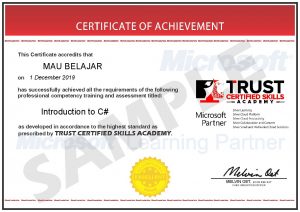
Only logged in customers who have purchased this product may leave a review.


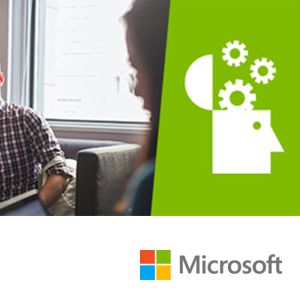
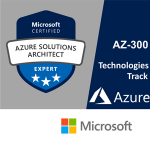

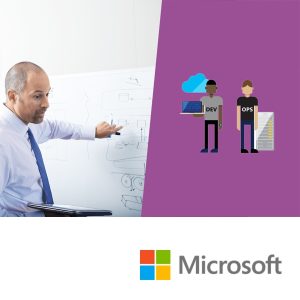







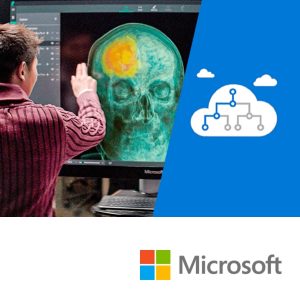
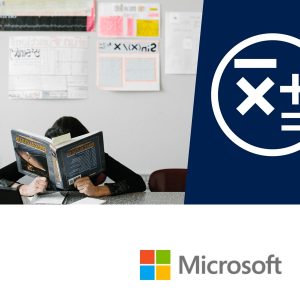

Reviews
There are no reviews yet.